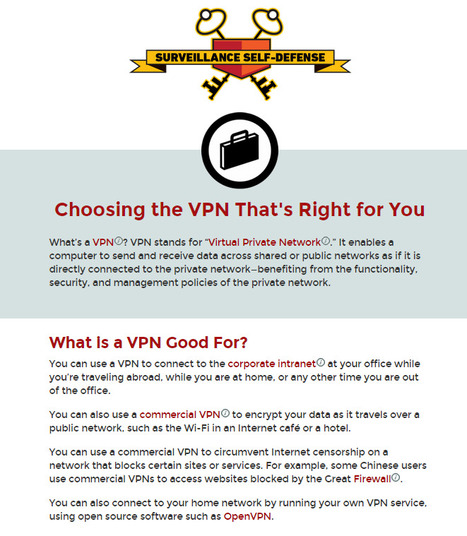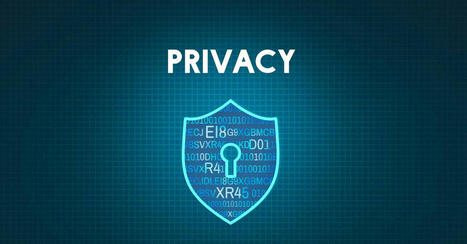A bill that has now passed both the U.S. Senate and House of Representatives would repeal a Federal Communications Commission rule issued last year that allows consumers to decide how internet service providers use their information.
“Your ISP can already monetize you based on your demographics,” Sean Sullivan, Security Advisor at F-Secure, tells me. “Still, they feel that they’re behind Facebook and Google’s ad technology — and arguably they are. But the difference is you can avoid Google and Facebook. You can’t avoid your ISP.”
There is still something that you can do that gives you more control over who has access to your browsing history.
“Your ISP is privy to all the web destinations you visit, unless you’re using a VPN,” Sean says. “Then they’re only privy to seeing that you went to, for instance, VPN.F-Secure.com.”
A VPN is a virtual private network and it puts all of your browsing data in the hands of one provider who encrypts it.
Learn more / En savoir plus / Mehr erfahren:
https://gustmees.wordpress.com/2013/12/21/privacy-in-the-digital-world-shouldnt-we-talk-about-it/
Via
Gust MEES



 Your new post is loading...
Your new post is loading...














